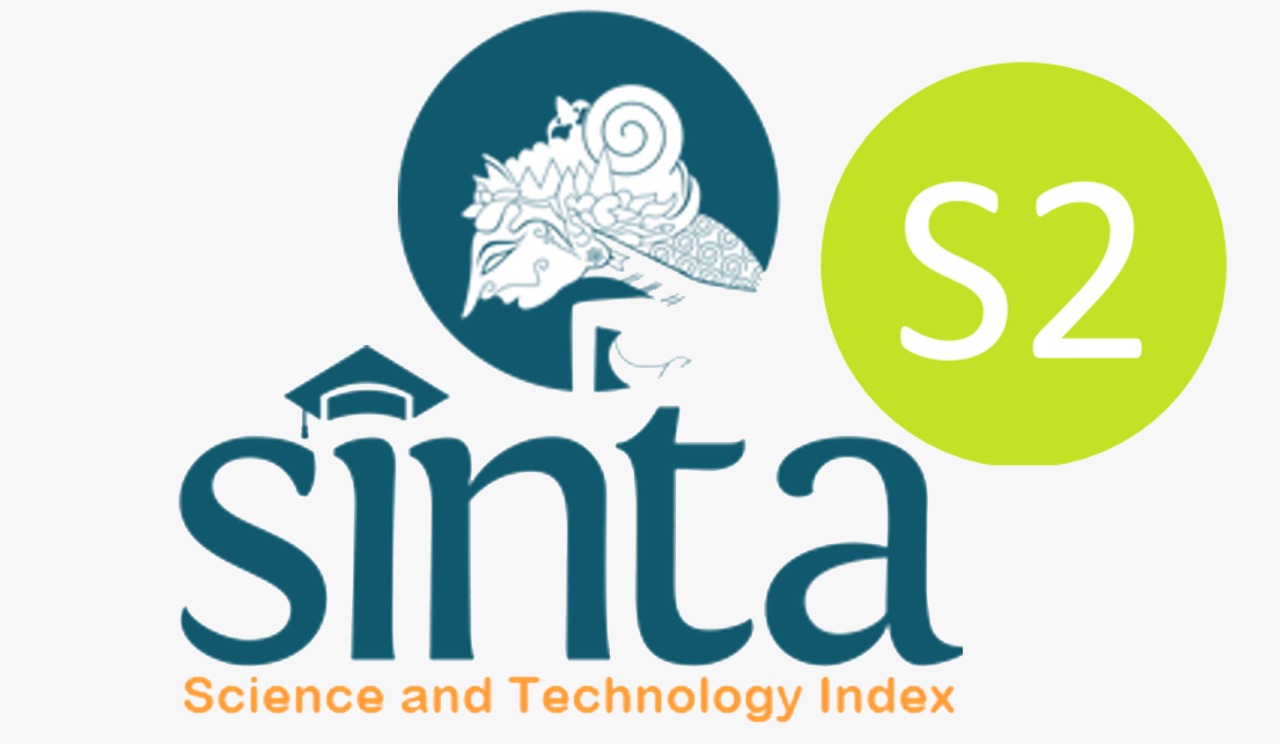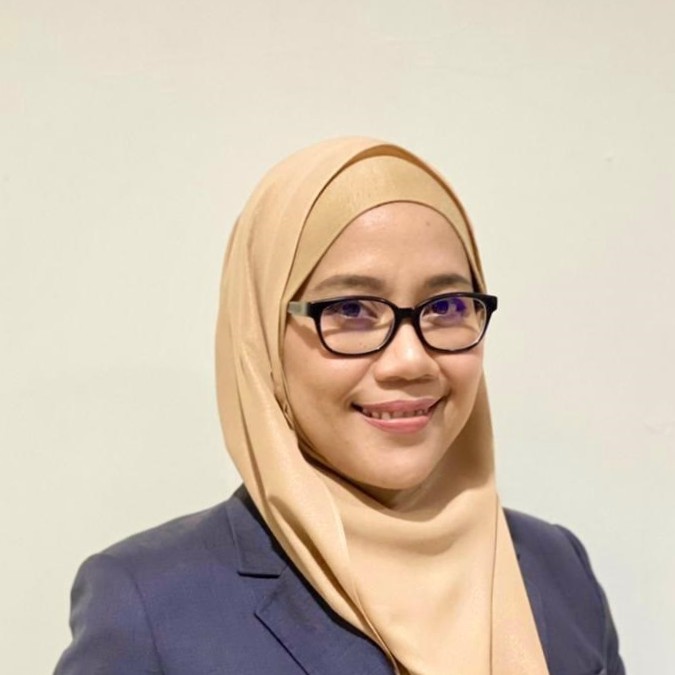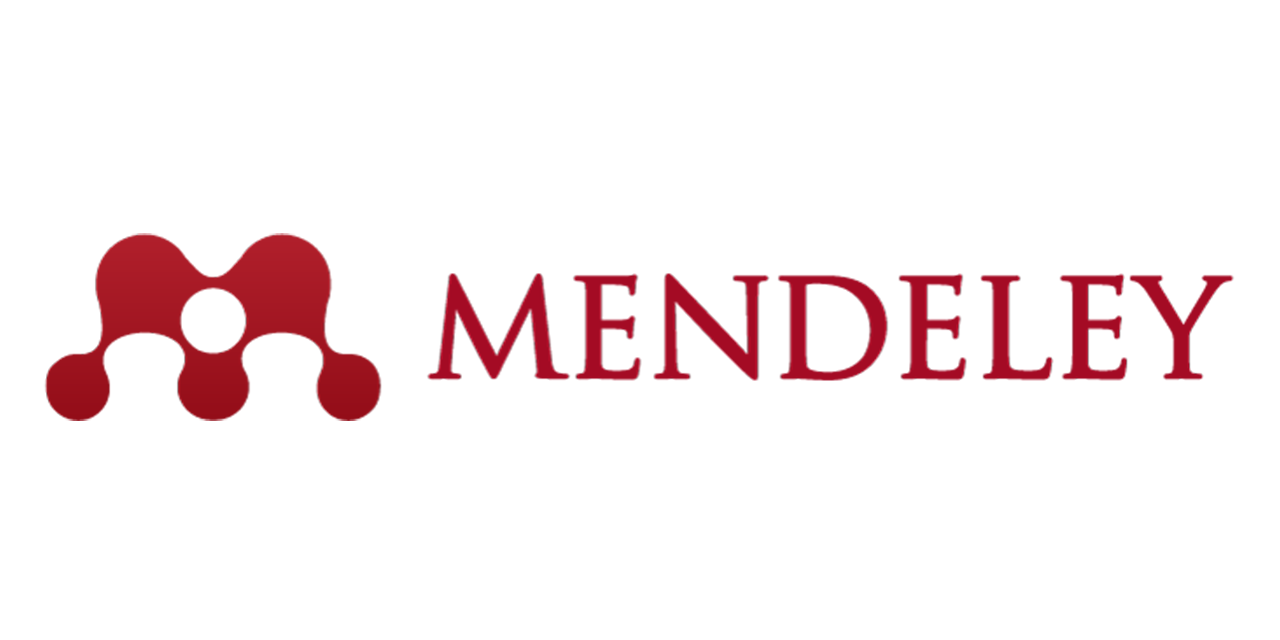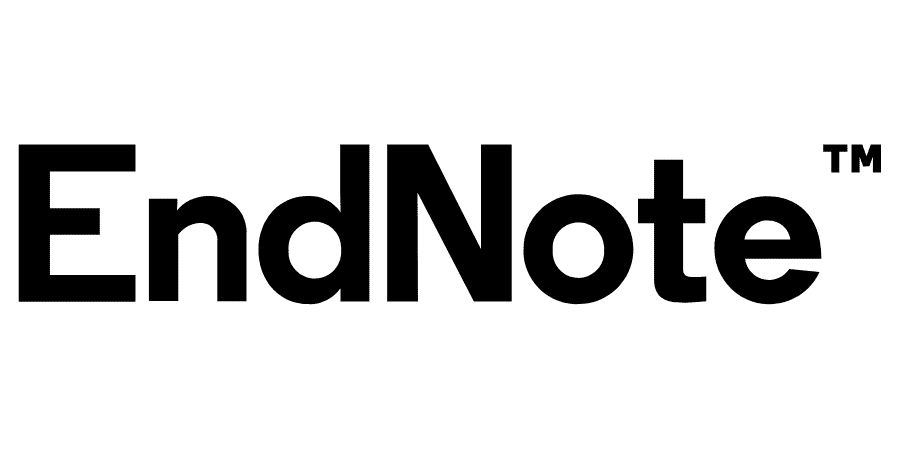DETERMINATION OF DISCLOSURE OF ISLAMIC SOCIAL REPORTS AT SHARIA BANK IN INDONESIA
Downloads
Introduction: This study aims to determine the effect of profitability, bank size, bank age, debt to asset ratio, and syirkah funds to partially and simultaneously reveal Islamic Social Reporting on Islamic banks in Indonesia.
Methods: This study uses a quantitative method with panel data regression analysis with EViews 12. The population used in this study is Islamic banks in Indonesia.
Results: This study partially shows that profitability, Islamic bank size, and debt to asset ratio are not significant in Islamic Social Reporting disclosure. Meanwhile, the age of Islamic banks and temporary syirkah funds has a positive and significant effect on the disclosure of Islamic Social Reporting. Simultaneously, profitability, bank size, bank age, debt-to-asset ratio, and temporary syirkah funds have a significant positive effect on the disclosure of Islamic Social Reporting in Islamic banks in Indonesia in 2016-2021.
Conclusion and suggestion: This study reveals that Islamic Social Reporting (ISR) disclosure in Indonesian Islamic banks is significantly influenced by bank age and temporary shariah funds, rather than profitability, size, or debt ratio. The findings highlight the importance of long-term commitment and stakeholder engagement in enhancing ISR practices, offering valuable insights for policymakers and stakeholders.
Abadi, M Taufiq., Sholihah, R. A., Mubarok, Muhammad Sultan. (2020). Implementasi Islamic Social Reporting Index sebagai Indikator Akuntabilitas Sosial Bank Syariah. Jurnal Al-Insyiroh: Jurnal Studi Keislaman Vol. 6, No. 1.
Abedifar, P., Molyneux, P., & Tarazi, A. (2013). Risk in islamic banking. Review of Finance, 17(6), 2035–2096 https://doi.org/10.1093/rof/rfs041
Antonio, M. S., Rusydiana, A. S., & Firmansyah, I. (2021). Review on Islamic Social Reporting (ISR) Research. https://digitalcommons.unl.edu/libphilprac
Arianugrahini, I., & Firmansyah, E. A. (2020). Determinants of Islamic Social Reporting (ISR) Disclosure at Islamic Commercial Banks in Indonesia. Perisai : Islamic Banking and Finance Journal, 4(2), 88–101. https://doi.org/10.21070/perisai.v4i2.841
Bae, S. M., Masud, M. A. K., & Kim, J. D. (2018). A cross-country investigation of corporate governance and corporate sustainability disclosure: A signaling theory perspective. Sustainability (Switzerland), 10(8). https://doi.org/10.3390/su10082611
Basuki & Prawoto. (2016). Regression Analysis in Economics and Business research.
Brigham & Houston. (2014). Fundamentals of Financial Management.
Barus, A Caroline. (2013). ANALYSIS OF FACTORS AFFECTING PROFITABILITY IN MANUFACTURING COMPANIES LISTED ON THE INDONESIA STOCK EXCHANGE. In Journal of Microskill Economics Heroes (Vol. 3).
Chapra, M. U., & Ahmed, H. (2002). CORPORATE GOVERNANCE IN ISLAMIC FINANCIAL INSTITUTIONS.
Farook, S., Kabir Hassan, M. and Lanis, R. (2011), "Determinants of corporate social responsibility disclosure: the case of Islamic banks", Journal of Islamic Accounting and Business Research, Vol. 2 No. 2, pp. 114-141. https://doi.org/10.1108/17590811111170539
Hajawiyah, A., Siswantoro, D., & Dewi, M. K. (2019). Determinants of Islamic Social Reporting in Indonesia and Malaysia.
Haniffa, R. (2002). Social reporting disclosure- An Islamic perspective.
Haniffa, R., & Hudaib, M. (2007). Exploring the ethical identity of Islamic Banks via communication in annual reports. Journal of Business Ethics, 76(1), 97–116. https://doi.org/10.1007/s10551-006-9272-5
Hidayati, N., & Murni, S. (2009). THE EFFECT OF CORPORATE SOCIAL RESPONSIBILITY DISCLOSURE ON EARNINGS RESPONSE COEFFICIENT IN HIGH PROFILE COMPANIES NAILA NUUR HIDAYATI and SRI MURNI (Vol. 11, Issue 1).
Hussain, A., Khan, M., Rehman, A., Sahib Zada, S., Malik, S., Khattak, A., & Khan, H. (2021). Determinants of Islamic social reporting in Islamic banks of Pakistan. International Journal of Law and Management, 63(1), 1–15. https://doi.org/10.1108/IJLMA-02-2020-0060
Jati, K. W., Agustina, L., Muliasari, I., & Armeliza, D. (2020). Islamic social reporting disclosure as a form of social responsibility of Islamic banks in Indonesia. Banks and Bank Systems, 15(2), 47–55. https://doi.org/10.21511/bbs.15(2).2020.05
Jihadi, M., Vilantika, E., Widagdo, B., Sholichah, F., & Bachtiar, Y. (2021). Islamic social reporting on value of the firm: Evidence from Indonesia Sharia Stock Index. Cogent Business and Management, 8(1). https://doi.org/10.1080/23311975.2021.1920116
Khasanah, Z., & Yulianto, A. (2015). ISLAMIC CORPORATE GOVERNANCE AND ISLAMIC SOCIAL REPORTING DISCLOSURE IN SHARIA COMMERCIAL BANKS. In AAJ (Vol. 4, Issue 4). http://journal.unnes.ac.id/sju/index.php/aaj
Kholid, M. N., & Bachtiar, A. (2015). Good corporate governance and performance of maqasid sharia of Islamic banks in Indonesia. Indonesian Journal of Accounting & Auditing, 19(2), 126–136. https://doi.org/10.20885/jaai.vol19.iss2.art4
Marwata, 2001, Kinerja Keuangan, Harga Saham-saham dan Pemecahan Saham Jurnal Riset Akuntansi Indonesia. Vol. , No. 2, Hal 151-164
Maulita D, & Tania I. (2018). THE EFFECT OF DEBT TO EQUITY RATIO (DER), DEBT TO ASSET RATIO (DAR), AND LONG-TERM DEBT TO EQUITY RATIO (LDER) ON PROFITABILITY. Journal of Accounting.
Mukhibad, H., & Fitri, A. (2020). Determinant of Islamic Social Reporting (ISR) Disclosure. International Conference on Economics, Business and Economic Education https://doi.org/10.18502/kss.v4i6.6620
Nadya, F., & Ismawati, L. (2020). THE EFFECT OF DEBT RATIO, EARNINGS PER SHARE AND RETURN ON EQUITY RATIO ON COMPANY VALUE IN LQ45 COMPANIES LISTED ON THE INDONESIA STOCK EXCHANGE FOR THE PERIOD 2015-2019. https://ojs3.unpatti.ac.id/index.php/manis/
Nani, Dhiona Ayu. (2019). ISLAMIC SOCIAL REPORTING: THE DIFFERENCE OF PERCEPTION BETWEEN USER AND PREPARER OF ISLAMIC BANKING IN INDONESIA. TECHNOBIZ, 2(1), 25–33.
Nohong, M., Sobarsyah, M., Sanusi, A., Handayani, S., Otoluwa, N. I., & Talib Bon, A. (2019). Islamic social reporting disclosure and firm value: Empirical Study of Firms Listed in Jakarta Islamic Index.
Noval, M., & Aisyah, L. (2021). Analysis of the Influence of Temporary Shirkah Funds and Operational Efficiency on the Profitability of Sharia Banks. Scientific Journal of Islamic Economics, 7(1), 113. https://doi.org/10.29040/jiei.v7i1.1640
Putra, F., & Nafik, M. (2016). THE INFLUENCE OF THE DEVELOPMENT OF SHARIA COMMERCIAL BANKS ON INDONESIA'S ECONOMIC GROWTH IN THE 2010-2015 PERIOD.
Rahayu, S., & Cahyati, A. D. (2014). FACTORS THAT AFFECT THE DISCLOSURE OF CORPORATE SOCIAL RESPONSIBILITY (CSR) IN ISLAMIC BANKING. In August (Vol. 5, Issue 2).
Sellami, Y. M., & Tahari, M. (2017). Factors influencing compliance level with AAOIFI Financial accounting standards by Islamic banks. Journal of Applied Accounting Research, 18(1), 137–159. https://doi.org/10.1108/JAAR-01-2015-0005
Sunarsih, Uun, and Ferdiyansyah Ferdiansyah. "Determinants of the Islamic Social Reporting Disclosure." Al-Iqtishad: Jurnal Ilmu Ekonomi Syariah, vol. 9, no. 1, Jan. 2017, pp. 69-80.
Tantra, A Raditya., Ari Ani, D., & Dwi Jayanti, F. (2021). The effect of ROA, ROE, and ROI on company value. The Accounting Journal of BINANIAGA, 06(02), 137–152. https://doi.org/10.33062/ajb.v6i2.477
Tanzeh, A., & Arikunto, S. (2004). Research Methods Research Methods. Research Methods, 22–34.
Copyright (c) 2024 Ayatur Muhammad Faiz, Puji Sucia Sukmaningrum

This work is licensed under a Creative Commons Attribution-ShareAlike 4.0 International License.
Authors who publish with Jurnal Ekonomi dan Bisnis Airlangga agree to the following terms:The journal allows the author to hold the copyright of the article without restrictions.
The journal allows the author(s) to retain publishing rights without restrictions
The legal formal aspect of journal publication accessibility refers to Creative Commons Attribution Share-Alike (CC BY-SA).
Jurnal Ekonomi dan Bisnis Airlangga (JEBA) is licensed under a Creative Commons Attribution-ShareAlike 4.0 International License

















